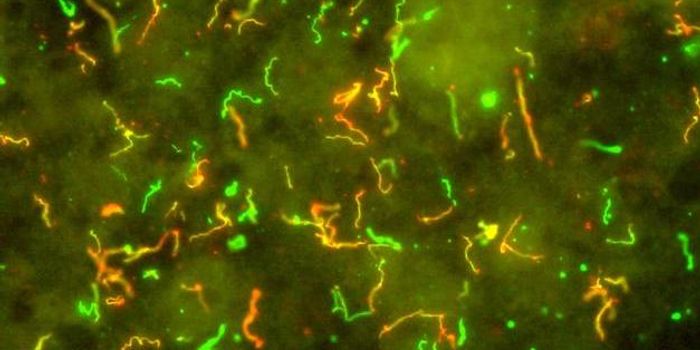Cholesterol Pill For Treating A Brutal Lung Disease

A brutal lung disease called Pulmonary Alveolar Proteinosis (PAP) is caused by a thick substance known as surfactant that clogs up the air sacs in the lungs. Now, researchers report in Nature Communications that they figured out why this clogging occurs and show that a cholesterol pill referred to as statin may effectively treat this brutal disease. The study serves as hope for PAP patients because current standard treatments are invasive and usually are repeated every time a patients lungs clogs up, essentially affecting their quality of life.
But, investigators at Cincinnati Children's Hospital Medical Center found that the issue is cholesterol. More specifically, the research team have discovered that early studies PAP was linked to a disruption of cellular regulation by a molecule known as granulocyte-macrophage colony stimulating factor (GM-CSF). GM-CSF is needed for the development of mature macrophages that are crucial for removing surfactant. Led, the team found out years ago that PAP is linked to disruption of cell regulation by a molecule called GM-CSF is crucial for the development of fully mature macrophage cells in the lungs, which are needed to clear away used surfactant -- a substance important to lung function -- so that people can breathe.
In the study led by Bruce Trapnell, MD, director of the Translational Pulmonary Science Center, researchers examined PAP patients and mouse models of the disease and uncovered a critical reason behind disruption of cell regulation by GM-CSF which triggers PAP. This is because cell dysregulation reduced the function of macrophage cells to process and clear out cholesterol, causing the levels to build up. This build-up has adversely effects as it contributes to the accumulation of surfactant leading to PAP. "Showing that the pathogenic driver of the disease is disruption of cholesterol homeostasis in these patients will change thinking in the PAP field," explains Trapnell. "Now that we know cholesterol in macrophages is a target for therapeutic development, repurposing statins is a pretty straightforward pharmacological approach for treating people with PAP." A clinical trial is currently being planned.
The research study was supported from the National Institutes of Health/National Heart, Lung, and Blood Institute (R01085453, HL118161, HL136543), and a National Center for Advancing Translational Science grant through the National Heart, Lung, and Blood Institute (HL127672).
Source: Cincinnati Children's Hospital Medical Center
-
MAY 07, 2024Is It Anti-RNP or Anti-Sm/RNP?
- See More
-
APR 30, 2024Immuno-Oncology Virtual Event Series 2024
-
MAY 07, 20243rd International Biosecurity Virtual Symposium
-
JUN 06, 2024The Future of Scientific Conferencing
- See More

















































